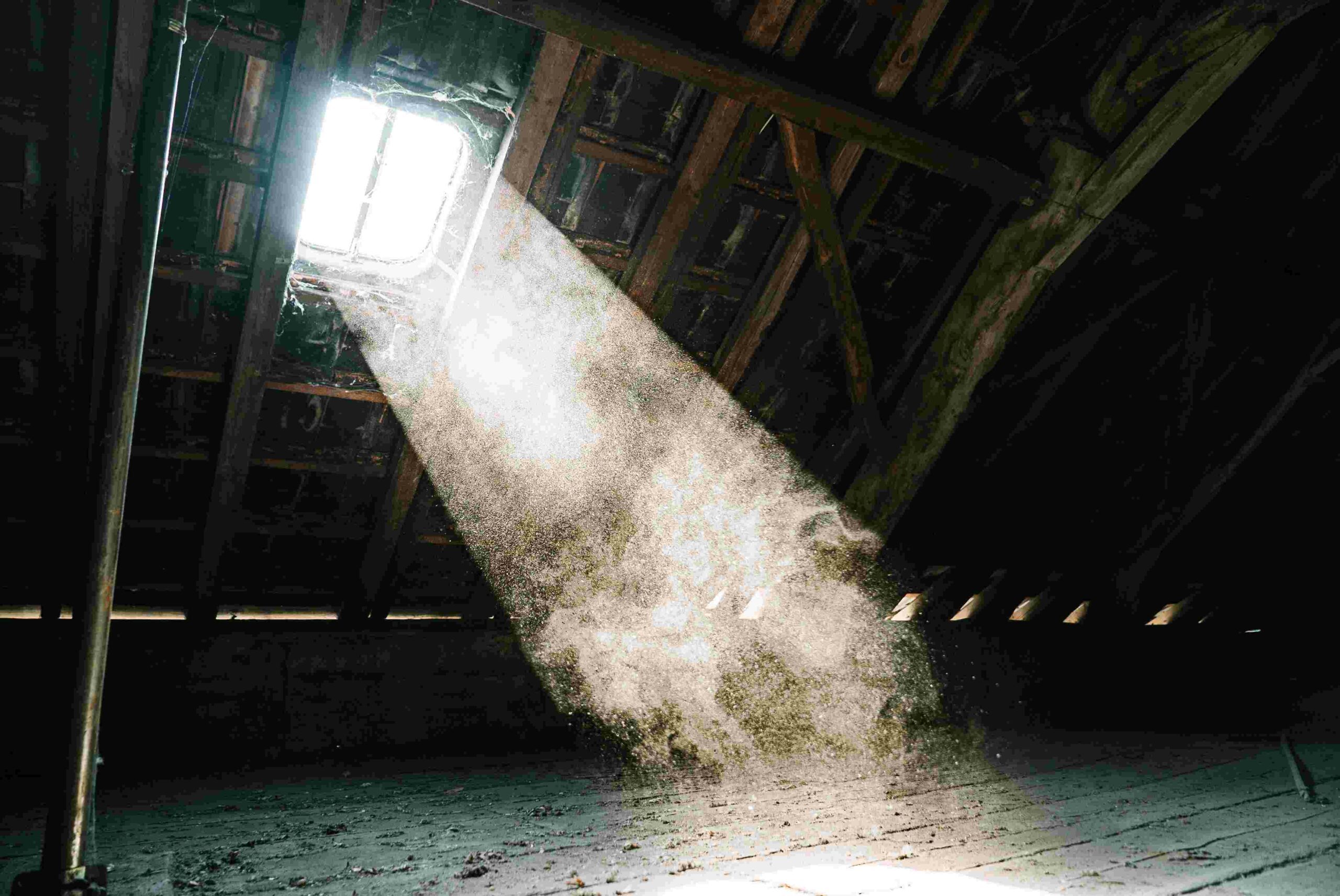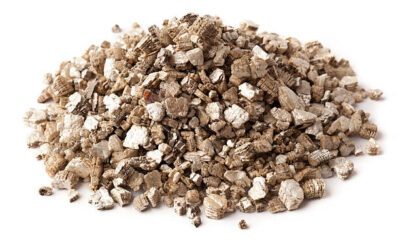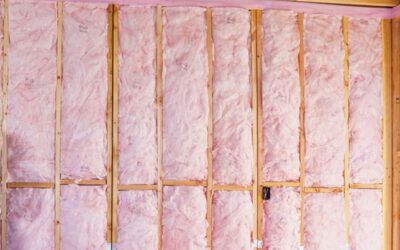In this article, we will walk through the different dangers present in your and how to minimize them. fall into three different categories and the solutions to each of them are different. No matter how well you clean the air in your home there will always be (VOCs), fungi or mold, and particulates. What is important is removing the most harmful entirely and keeping the others at minimal concentrations. In this report, we will tell you how to improve your and reduce all harmful to safe levels.
How can poor harm your health?
(IAQ) can be deadly even with limited exposure. It is very important to take your seriously. The risks that can pose to your health are scary because of their outcomes but also because they often don’t induce any symptoms until it is too late. Radon, asbestos, lead , and all cause either cancer or nearly immediate death, and all of them are imperceptible during exposure. On top of that, all of these are VOCs, which or purifiers can’t remove from the air. See below for mitigating VOC exposure.
Other perceptible like mold and particulates are often hard to pinpoint and have harmful effects over any exposure period. Mold, fungi, and particulates can cause eye and throat irritation, shortness of breath, dizziness, lethargy, fever, digestive problems, and asthma. If you are having any of these issues, it is worth can your checked. We recommend continuous monitoring or at a minimum getting your checked on an annual basis.
Why is worse than ?
First of all, yes, is almost always worse than . This is true even in large, industrialized cities like Boston. If you are like most Americans, then you probably spend at least 95% of your day indoors or even 100% during the winter. On top of that, the people that are spending the most time indoors and are exposed to the most are the ones that are most susceptible to problems. Those groups include the young, the elderly, and the chronically ill, especially those suffering from respiratory or cardiovascular disease.
So now to answer the question… is worse than because 1) everything in your home is slowly decomposing and releasing harmful gases into the air. 2) The in your home is generally higher and the temperature is more stable than the outside air which promotes the growth of fungi and mold. 3) You live in your home and cook in your home which introduces particulates like dirt and exhaust fumes. In the all of these are diluted to below harmful levels. Newer homes often have even worse than older homes because they are better sealed and they have newly fabricated materials inside that are just beginning to outgas into the home.
Common and how to solve them
What are VOCs?
Many VOCs are human-made chemicals that are used and produced in the manufacture of paints, pharmaceuticals, and refrigerants. (VOCs) are emitted as gases from certain solids or liquids. Concentrations of many VOCs are consistently higher indoors (up to ten times higher) than outdoors. They come from a wide variety of products including paint, carpets, glue, lumber, cleaning supplies, printers, gas burners, candles, and furniture.
Some of the most common VOCs and where they come from:
- Radon – from the earth and found in the basement
- Formaldehyde – floor lacquers and certain molded plastics
- Benzene – paint, glue, and carpeting
- Butanal – burning candles, stoves, and cigarettes
- Dichlorobenzene – mothballs and deodorizers
- Ethanol – glass cleaners, and detergents
- Terpenes – fragrant products such as soap or laundry detergents
- Toluene – paint
- Xylene – car exhaust
How do you remove VOCs from the air?
You generally can’t use filters; even high-quality MERV 16 filters will not remove harmful VOCs from the air. The best way to remove the from your home is by and maintaining a slight positive pressure inside your home. In other words, the solution to is dilution. A nine-month-long study in Finland found that positive pressure i.e., higher pressure inside your home and will reduce the presence of VOC by up to 55% and reduce indoor levels.
Mold and fungi spores
How does mold enter your home?
Mold spores are everywhere. There is a tiny amount of mold in your home already. The spores enter your home on your clothes or through an open window, but they won’t start to grow mold unless the right temperature and is present. The key is never letting the environment be suitable for growing mold inside your home.
Is mold harmful to your health?
Yes, with extensive contamination and with extended exposure, mold can cause allergic reactions, respiratory symptoms, and . If you find mold in your home, you should hire a professional to remove it and inspect your home for mold that you haven’t found and remove all of it.
How can you prevent mold in your home?
Mold and other fungi want to grow in areas with high and when is low the mold growth will dry out and die. Luckily a comfortable for humans is inhospitable to mold. A target to maintain inside of your home is below 60 percent. This level will be more comfortable and will also enable your to run more efficiently and last longer. Boston and most of New England can have high levels in the summertime. It is important to run your air conditioner and run a dehumidifier. We recommend dehumidifiers with built-in hygrometers that will measure the ambient air’s relative . This will ensure that the in your home will be maintained at a safe level.
Particulates
What are particulates in the air?
Particulates are tiny pieces of material as small as 2.5 microns. The human eye can only see matter down to 25 microns, so most particulates are not visible to the naked human. Particulates include materials like pollen, sanding and spray paint , cement , pet dander, and mites, mold spores, textile and carpet fibers, fabric protectants, hairspray, and nebulizer droplets.
Are particulates in the air harmful to your health?
Yes, particles in the air can cause eye, nose, and throat irritation, respiratory infections, bronchitis, and in some cases lung cancer.
How do you clean the air of these ?
For particulate matter, the best solution is a good old-fashioned or . The best filters are MERV 16 filters which are generally used for hospitals. We recommend MERV 11 filters for homeowners. MERV 11 filters will remove particles as fine as 3 microns and will not reduce the efficiency of your like a MERV 13 or 16 filter will. We only recommend a MERV 13 filter for families with severe allergies, asthma, or other lung conditions. We also recommend that you replace your MERV filter at least 3 times per year. If you replace it less frequently your system work run less efficiently, and your air will not be as clean as it should be.
Call a professional for MERV filter installation. High-quality MERV rated filters are significantly thicker than standard filters and will likely need to be retrofitted on your . It is a relatively simple installation, but doing it incorrectly could result in an imperfect seal that will render your filter useless.
to avoid
Plants
You shouldn’t necessarily avoid having plants, but you shouldn’t count on them to clean your air either. Potted plants can also be a source of mold and bacteria growth, so be mindful of the risks when adding them to your home. In 1989, NASA did a study that found that plants can improve in a sealed environment. Unfortunately, your home is not a spaceship, and it would take over 1,000 plants in your home to make any measurable improvement in . Follow-up studies have proven that plants won’t improve your .
Ozone Generating
Ozone cleaners are popular because they make the air smell fresher than other types of filters. The problem is that ozone can be harmful to your health and ozone cleaners don’t regulate ozone concentrations in the . High ozone concentrations can be harmful to your health and long-term exposure can result in asthma, bronchitis, and emphysema. The EPA has studied ozone generating air cleaners extensively and they don’t recommend them, so we don’t either.
Conclusion
If you have not had your air checked by a professional, call us today. The first step to improving your and living conditions is to assess your current state. After determining the current in your home, we will provide a free plan to solve problems for good. is extremely dangerous, and an effective mitigation strategy involves a plan for reducing VOCs, preventing mold growth, and removing particulates, all of which demand different filtration and strategies. Let us help you develop that plan.





